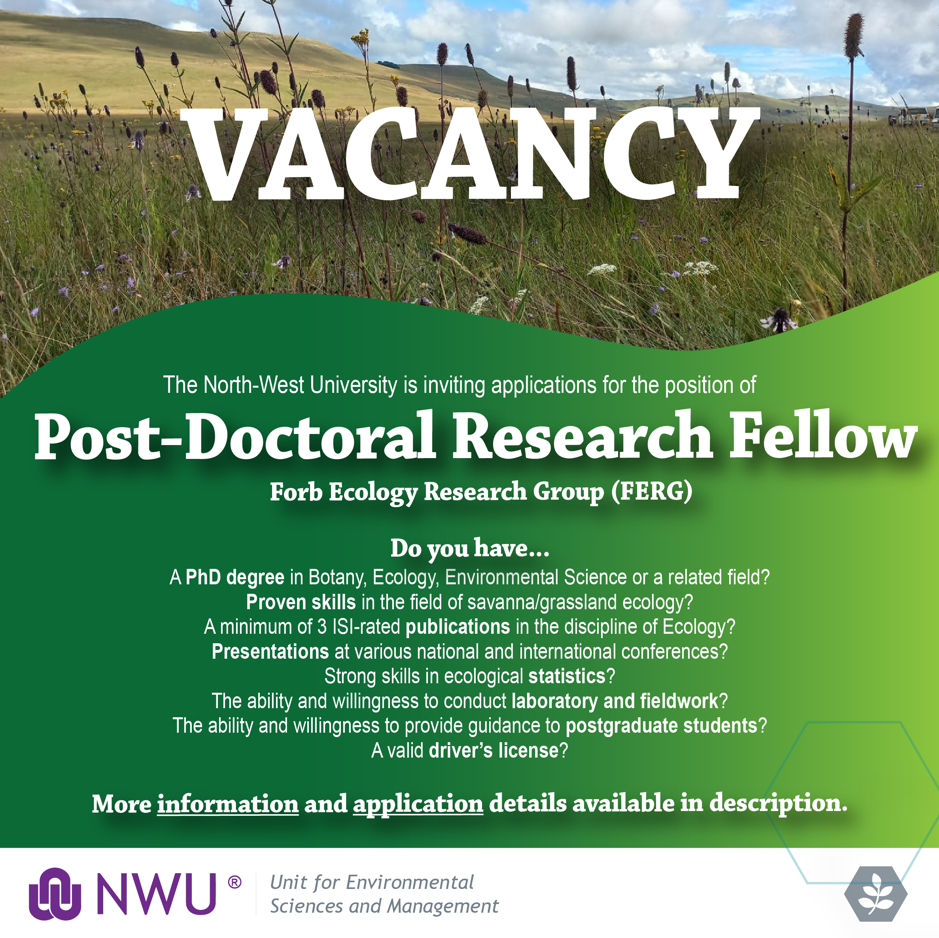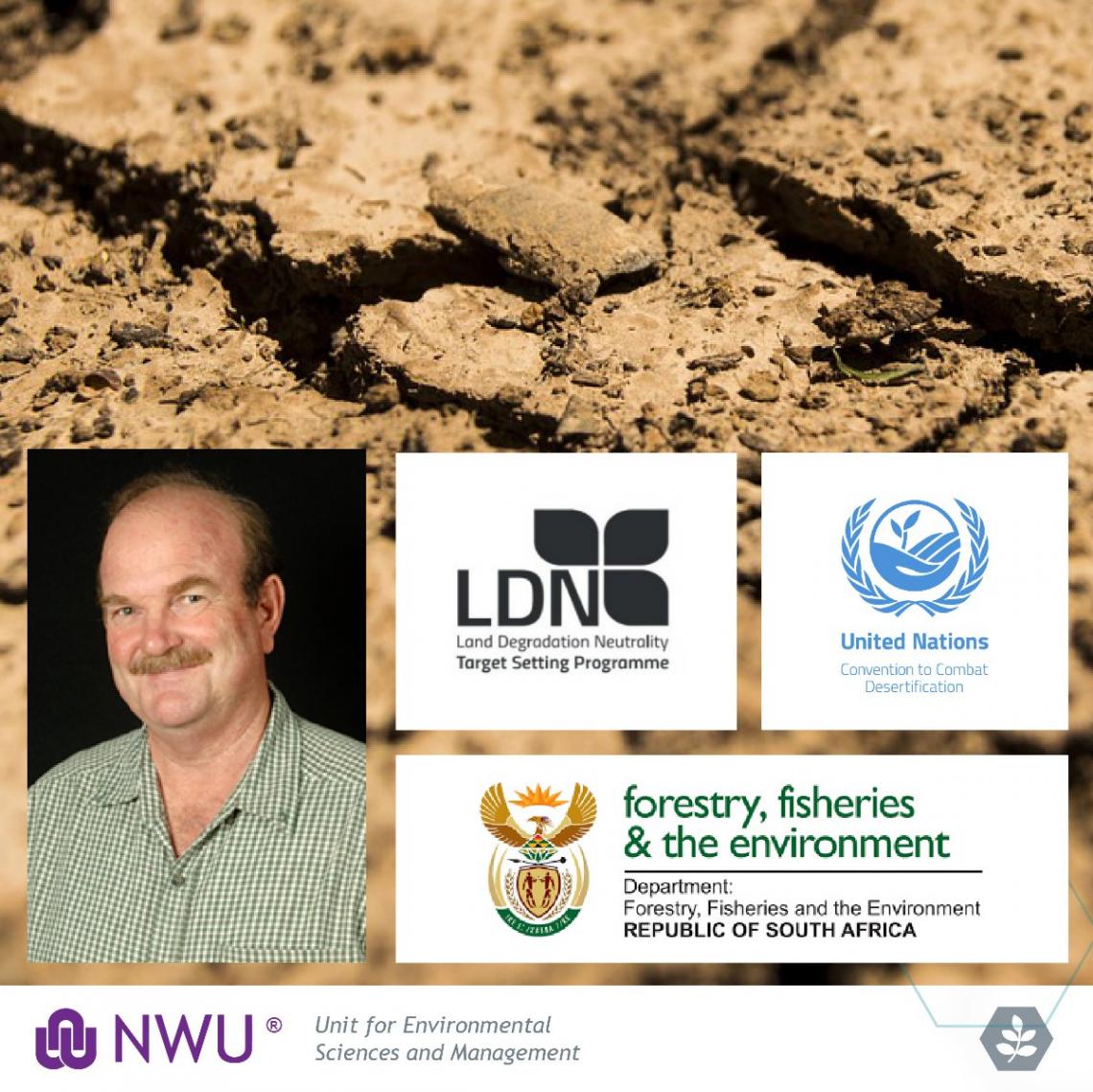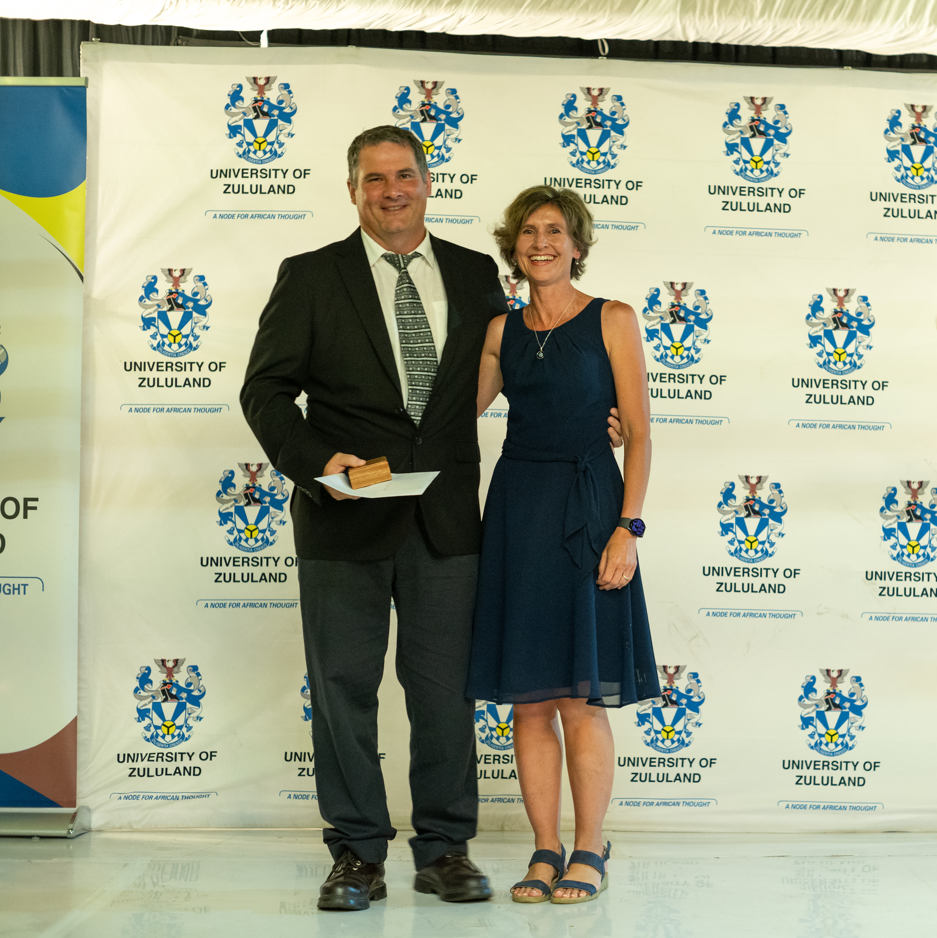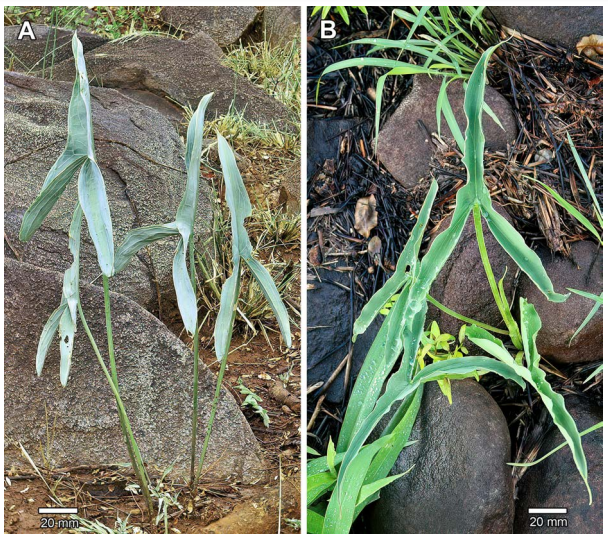
Sub-programme leader: Prof Frances Siebert (Frances.Siebert@nwu.ac.za)
Latest news:
Vacancy: Post-Doctoral Research Fellow
 |
Vacancy: Post-Doctoral Research Fellow - Forb Ecology Research Group (FERG)Sub-programme: Ecological Interactions and Ecosystem Resilience (EIER) The North-West University’s Unit for Environmental Sciences and Management invites suitable applications for the Post-Doctoral Research Fellow in the Forb Ecology Research Group (FERG) as a plant ecologist within the Ecological Interactions and Ecosystem Resilience (EIER) sub-programme. Interested candidates are invited to familiarize themselves with the research themes of EIER through this link. This is a full-time Post-Doctoral Fellowship (PDF) funded through the NWU Post-Doctoral programme. The Unit currently has a number of positions available, and the PDF should commence as soon as possible. The fellowship is available for three years. The PDF position is reviewed on an annual basis and continuation thereof is subject to performance evaluation. The PDF will be based in Potchefstroom and hosted by Prof. Frances Siebert. More information and application details here. |
LDN National Working Group - Prof. Klaus Kellner
 |
LDN National Working Group - Prof. Klaus KellnerSub-programme: Ecological Interactions and Ecosystem Resilience (EIER) We wish to congratulate extraordinary Prof. Klaus Kellner on his appointment by the Director-General of the Department of Forestry, Fisheries and the Environment to serve on the Land Degradation Neutrality (LDN) National Working Group to provide strategic oversight on the process of reviewing and updating of the LDN targets. |
SAAB Silver Medal Award - Prof. Stefan Siebert
 |
SAAB Silver Medal Award - Prof. Stefan SiebertSub-programme: Ecological Interactions and Ecosystem Resilience (EIER) During the 49th Annual SAAB conference (7 - 11 January 2024 at Richard's Bay Campus, University of Zululand), Prof. Stefan Siebert was awarded the SAAB Silver Medal for significant contributions toward advancement of botany in South Africa. Watch: https://fb.watch/pDAbPD56f2/ Keep an eye out for the next edition of ENVIRA for the more information. |
Two new species of Stylochaeton (Araceae: Aroideae) from South Africa
 |
Two new species of Stylochaeton (Araceae: Aroideae) from South AfricaMADELEEN STRUWIG, PRECIOUS T. LE ROUX, STEFAN J. SIEBERT & ABRAHAM E. VAN WYK Sub-programme: Ecological Interactions and Ecosystem Resilience (EIER) Researchers from the Unit for Environmental Sciences and Management have recently discovered TWO new species of Arum lily / Varkoor on the hillsides of Sekhukhuneland. Article in NEWS at NWU: https://news.nwu.ac.za/researchers-discover-two-new-species-bushveld-arum-lilies
|
About Ecological Interactions and Ecosystem Resilience
Strategic Aim & Mission
Ecological Interaction and Ecosystem Resilience (EIER) hosts 21 researchers with a diversity of expertise, including Agricultural Sciences, Ecotoxicology, Geo- and Soil Sciences, Microbial Ecology, Paleoecology and Plant Ecology. Research in EIER is interdisciplinary and comprises both fundamental and applied research projects, which are determined by the needs of the industry, agricultural, rural- and urban communities.
Specific Focus
Research in EIER is centred around the future of terrestrial ecosystems in the context of anthropogenic impacts, including climate change.
Research Objectives
Research projects are aimed at an improved understanding of the complexity of African terrestrial ecosystems, and to identify the risks to the ecosystem services they offer, particularly food security, carbon sequestration and biodiversity. Inter- and transdisciplinary research projects address these risks through critical assessments and evaluation of proposed management interventions and/or prevention measures in the light of global environmental change.
This subprogram hosts several research groups, each with a specific research focus.
Research Groups
Environmental Microbiology and Agricultural Biotechnology
Led by Prof Rasheed Adeleke
Forb Ecology Research Group (FERG)
Led by Prof Frances Siebert
GeoEco Lab
Led by Prof Nishanta Rajakaruna and Prof Stefan Siebert
Pedometrics
Led by George van Zijl
Soil Ecology, Ecotoxicology and Microbiology (SEEM)
Led by Prof Mark Maboeta
Terrestrial Ecology (EcoRestore)
Led by Prof Klaus Kellner
Urban Ecology
Led by Prof Sarel Cilliers
Last updated: January 2024
